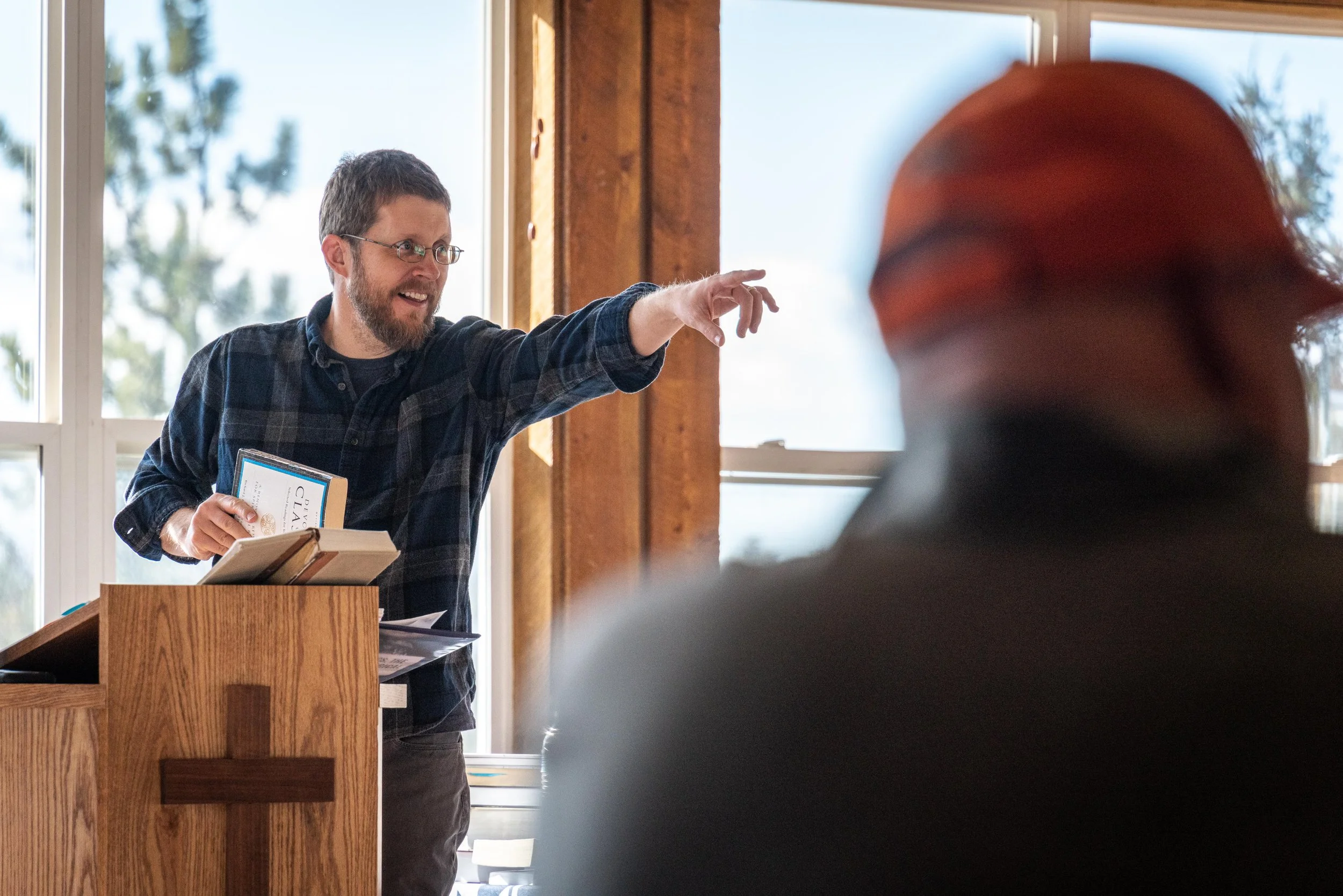Our educational philosophy could be summed up in two words: incarnation and integration.
God the Son took on humanity in order to set apart a people unto Himself. He walked and talked and lived with his disciples, shared meals, laughed, and prayed with them. Jesus is God incarnate. Many would agree that ministry (and teaching), therefore, is best done incarnationally. All too often, however, theological education is done in theologically inconsistent ways. At Tennent, we believe that learning is more than a simple transfer of data, and that real life student-to-student, and student-to-faculty interactions are essential to the learning process. This is why we do not offer an online seminary program.
At the same time, we believe in integration—first, between the academy and the church. We don’t want to siphon off the best ministry leaders around the country and ask them to relocate to a campus for the duration of their studies. Most who do never return home. We think that you are most useful in your current context, which is why we operate on a modular basis. Our model creates space for what you’re learning in the academy to be immediately applied in the church.
We also believe in integration between the head and the heart, hence our tag line, lux et calor. All coursework at Tennent is intentionally designed to stir our affections as well as our minds. We don’t believe that academic rigor and heartfelt engagement are mutually exclusive. Further, we believe in integration between the academic disciplines—instead of enrolling in a class, at Tennent, you are enrolling in a program. An intentionally integrated program, where every class that you take is designed to enhance the learning taking place in your other classes.
Finally, we believe in integration between your work and family life, which is why we welcome your spouse and children to join you on your residencies. No academic achievement can compensate for failure in your marriage or family.

